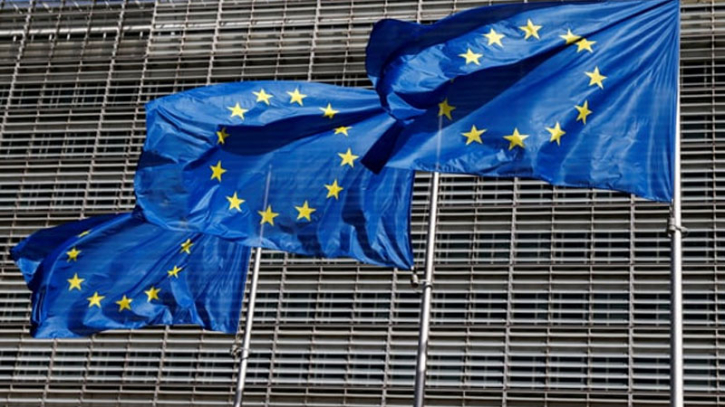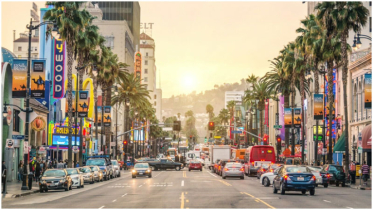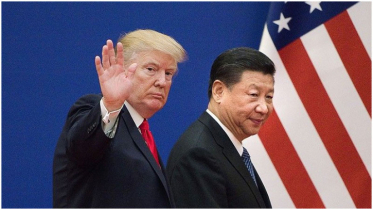Eyeing China, EU parliament to back ban on forced labour

EU lawmakers will vote on Tuesday to ban products made using forced labour under a new law that has China in its sights, risking raising tensions with Beijing.
The law does not directly mention China, but many lawmakers hope it will be used to block imports from China involving the region where the Uyghur Muslim minority lives.
Human rights groups say at least one million people, mostly members of Muslim minorities, have been detained in China's northwestern Xinjiang region and face a series of abuses, including forced sterilisation of women and coerced labour.
With the European Parliament's green light after a vote in Strasbourg, France, the draft text will officially become law following final approval by the EU's 27 member states.
The EU has deployed an array of trade tools against China, including anti-subsidy investigations into Chinese state support for green tech such as solar panels.
The latest law seeks to eradicate forced labour from European markets.
Under the rules, EU states can remove products found to have been made using forced labour as well as goods made in the bloc comprising material made abroad using forced labour.
"It is simply unacceptable for our Union, which should be a global champion in promoting values, to continue importing and selling in our shops products that were made with blood and tears at some step along their supply chain," said EU lawmaker Maria Manuel Leitao Marques, who pushed the text through parliament.
Some 27.6 million people were engaged in forced labour in 2021, including around 3.3 million children, according to the International Labour Organization.
Power to seize goods
The new rules give the European Commission the power to launch investigations when there are suspicions about the supply chains in countries outside the EU.
If the use of forced labour is proved, officials will seize the products at the borders and order their withdrawal from the European market and online retailers.
If the risk is in one member state, the local authority in that country will investigate the products allegedly made using forced labour.
For some goods deemed to be at risk, importers will be forced to provide detailed information on the manufacturers.
The EU will also create a regularly updated database about forced labour risks that will include international reports to aid the commission and national bodies in assessing possible violations of the law.
Critics have pointed out that the law does not go as far as one adopted by Washington.
The United States in 2021 banned the importation of products from Xinjiang unless businesses could prove their production did not involve forced labour.
MEP Leitao Marques urged close cooperation with the bloc's partners like the United States "to prevent operators who are blocked by one country from selling their forced-labour products somewhere else".
.png)




